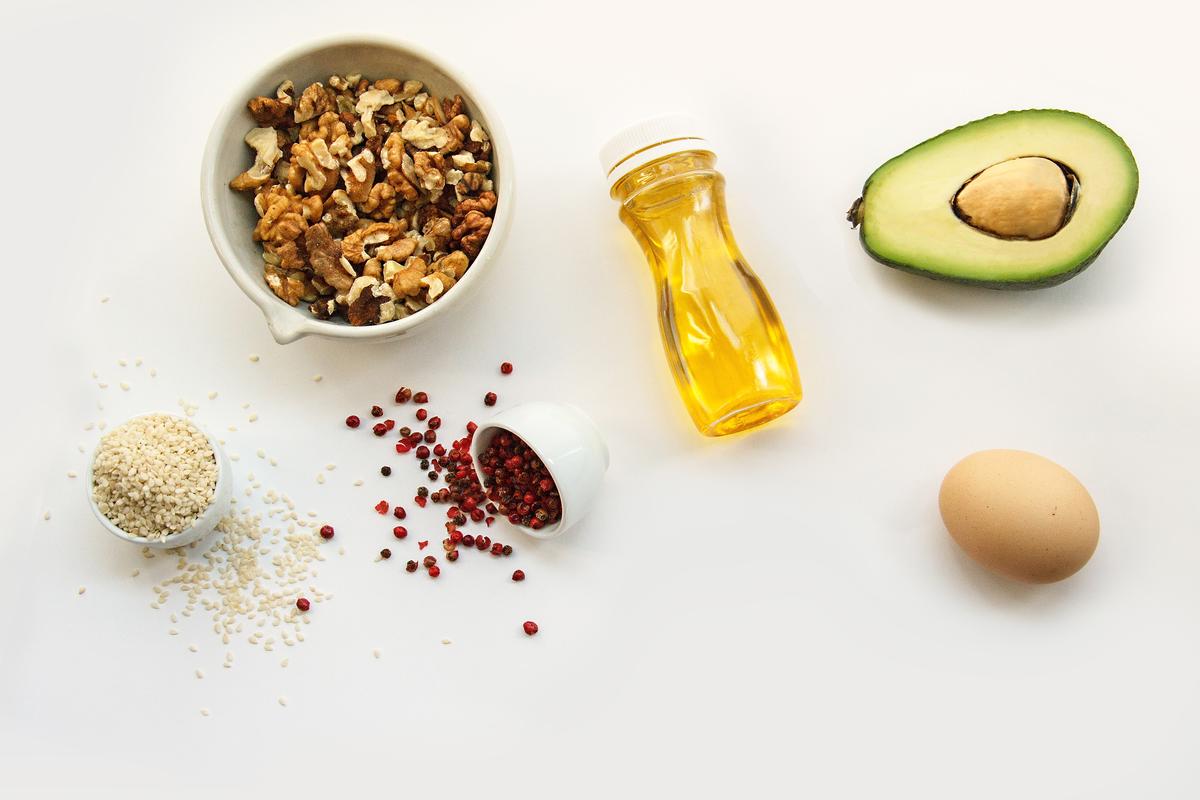Betel leaves, also known as “Paan,” hold a special place in the hearts of many across the globe. These vibrant green leaves have not only been a part of cultural and religious ceremonies but also offer numerous health benefits. In this article, we will explore the cultural significance, consumption methods, and wellness potential of betel leaves.
Cultural Significance and Religious Ceremonies
Betel leaves have a rich history of cultural significance, especially in South and Southeast Asia. They are often used in religious ceremonies and rituals. In Hinduism, offering betel leaves to deities is considered an auspicious act. The practice of chewing betel leaves is deeply ingrained in the culture and is a symbol of hospitality and respect.
Betel Leaves in Traditional Weddings
In many cultures, betel leaves play a vital role in weddings. They are exchanged between the bride and groom as a sign of acceptance and union. The aroma of betel leaves is believed to bring good luck and fortune to the newlyweds.
Natural Stimulants and Breath Fresheners
One of the most well-known uses of betel leaves is as a natural stimulant and breath freshener. Chewing betel leaves with areca nuts, spices, and sweeteners is a common practice in many parts of Asia. It is believed to stimulate the senses and provide a quick energy boost.
Combating Bad Breath
Betel leaves contain essential oils that can help combat bad breath. They are often chewed after meals to freshen the breath naturally. This practice is not only refreshing but also a socially acceptable way to maintain oral hygiene.
Effective Antiseptics and Digestive Aids
Betel leaves are known for their antiseptic properties. They contain compounds that can help kill harmful bacteria in the mouth and throat. This is one reason why they are used in religious rituals, as they symbolize purity and cleanliness.
Digestive Benefits
Betel leaves also aid in digestion. They can help relieve indigestion and bloating. Many people consume them after meals to soothe their stomach and promote better digestion.
Traditional Use in Balancing Doshas and Easing Joint Pain
In Ayurveda, betel leaves are considered to have a cooling effect on the body. They are used to balance the doshas, particularly in individuals with excessive heat in their bodies. Additionally, betel leaf poultices are used to ease joint pain and inflammation.
Ayurvedic Remedies
Betel leaves are often incorporated into Ayurvedic remedies to alleviate various health issues. From joint pain to skin problems, these leaves have been a trusted natural remedy for centuries.
Uplift Mood and Offer Relief from Mild Depression
Surprisingly, betel leaves can also have a positive impact on mental health. Chewing betel leaves is believed to uplift mood and provide relief from mild depression. The combination of aromatic compounds in the leaves can have a calming effect on the mind.
Natural Stress Relievers
In a world filled with stress and anxiety, betel leaves offer a natural and accessible way to unwind and relax. The act of chewing them can be soothing, both mentally and physically.
Consumption Methods
Betel leaves can be consumed in various ways, each offering its own unique experience and benefits.
Paan: Aromatic Blend with Areca Nuts, Spices, and Sweeteners
Paan is perhaps the most popular way to enjoy betel leaves. It involves wrapping the leaves around areca nuts, spices, and sweeteners. The combination of flavors and textures creates a delightful sensory experience.
Herbal Tea: Made from Boiled Fresh or Dried Leaves
For those looking for a milder way to enjoy betel leaves, herbal tea is a great option. Boiling fresh or dried leaves and sweetening the infusion with honey or jaggery creates a soothing and healthful beverage.
Wellness Potential
Incorporating betel leaves into your daily routine can have a positive impact on your overall wellness.
Boil Fresh or Dried Betel Leaves for Tea
To experience the wellness benefits of betel leaves, simply boil fresh or dried leaves in water. This tea can be consumed daily to promote digestion, freshen breath, and uplift your mood.
Sweeten with Honey or Jaggery
For a touch of sweetness, add honey or jaggery to your betel leaf tea. This not only enhances the flavor but also provides additional health benefits.
Conclusion
Betel leaves are indeed a cultural treasure with a wide range of health rewards. They serve as natural stimulants, breath fresheners, antiseptics, and more. Additionally, they uplift mood and offer relief from mild depression. Whether enjoyed in the form of paan or herbal tea, betel leaves have something unique to offer everyone.
Frequently Asked Questions:
1. Are there any side effects of consuming betel leaves? While betel leaves have several benefits, excessive consumption can lead to health issues, including oral cancer. It’s essential to enjoy them in moderation.
2. Can betel leaves be used for skincare? Yes, betel leaves are used in traditional skincare remedies for their anti-inflammatory and antiseptic properties. They can help with skin issues like acne and rashes.
3. Are there any contraindications for betel leaf consumption? Pregnant and breastfeeding women should avoid betel leaf consumption, as it may have adverse effects on the fetus or infant.
4. How should betel leaves be stored to maintain their freshness? Betel leaves should be stored in a cool, dry place and wrapped in a damp cloth to keep them fresh.
5. Can betel leaf tea be consumed by children and the elderly? While betel leaf tea is generally safe for most people, it’s advisable to consult with a healthcare professional before giving it to children or the elderly, especially in larger quantities.

